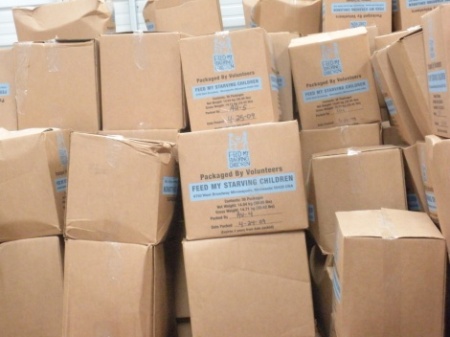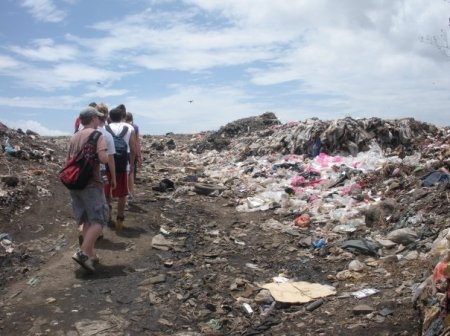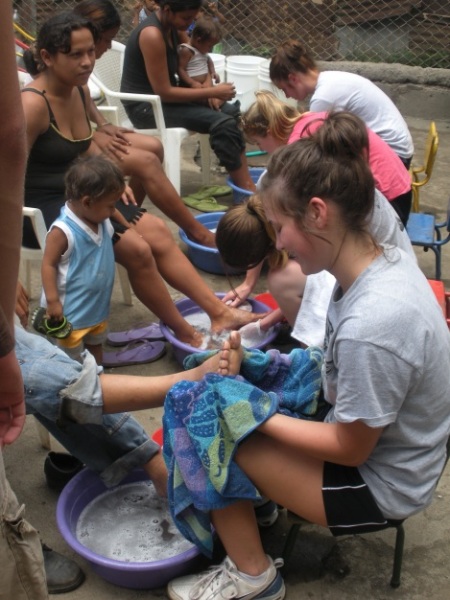I wanted to spend a little more time talking about the actual setup of the library. While I haven’t been able to talk with Maria since I was in Nicaragua, the library would probably have to be in the school (which, for the record, consists of about three small rooms.) This does not leave much space for a ton of bookshelves. Bob, a leader at my youth group, brought up a good solution to this problem. If we could get some kind of cart to put the books on, whoever it is that works as “librarian” could pull it out in the day time and lock it back in that closet-ish area at night.
The books would probably be read in a designated area–for example, the classrooms, and never kept overnight. Thus, the chances of them being stolen–though not necessarily by the person who checked them out–are dramatically decreased. A second idea is to set up a “mobile library” of sorts, where fifty books or so are swapped out every couple months. Where would they go in the meantime? Well, maybe in the place mentioned below.
Another thing I would like to mention is Pochocuape. That is the community up on the mountain where we actually slept while we were in Nicaragua. Perry Brown has set up a wonderful compound open to the community. It is similar to what Maria has, only on a grander and significantly cleaner scale. The school, playground, church, and common room are constantly in use. While my mission right now is to provide the poorest children in La Chureca with something to read, I would love to provide books for the children of Pochocuape as well. So, we’ll start at the dump, and in the future I’ll let you know what we’re going to do for Pochocuape. Those kids stole my heart. =]
(p.s. I’m actually reading a book about how to start and run a library, and I emailed a local library to ask for assistance. They gave me some good things to look into, and a possible mentor.)




